Earthquake hit Turkey helped yet Syria ignored by most EU states
Lives have been saved in Turkey following the recent earthquakes because the country had access to heavy lifting machinery. Experts say many lives were lost in Syria because sanctions prevented the country from having similar equipment.
That catastrophe has just been debated in the European Parliament.
Following the disaster, I contacted one of the largest aid agencies in Syria. I've spoken to Italian agencies and other NGOs. They all told me that the EU sanctions present an obstacle to humanitarian work.
Gyorgy Holvenyi, Hugarian MEP
European Commission officials told legislators that just nine of the EU's 27 member states have supplied Syria with support, whereas, 21 have scrambled to help Turkey.
The Commission also allocated an additional €3.5 million in emergency humanitarian funding to help our partners address urgent needs in Syria.
Janez Lenarcic, EU Crisis Management Commissioner
This €3.5 million for Syrians pales into insignificance when compared to the €67 billion spent by the EU on Ukraine during the past 11 months.
Experts have been saying for years that the bloc lacks unity when it comes to Syria.
Countries are acting in their own way; there is no coordinated action. And this is one of the reasons that we're faced with this very big crisis, this mega crisis.
Shada Islam, EU Affairs Specialist
Efforts by Western nations to overthrow President Bashar Al Assad have failed. Critics say interventionism has brought misery to millions of innocent people in the country. Some lawmakers want the pressure to be paused.
In Syria there are sanctions. We don't want to see more people die in the cold. They don't have medicines. We must put politics aside and human life first.
Maria Grapini, Romanian MEP
It's been announced the EU will host a donor summit next month to gather money for the earthquake hit regions.
Political commentators are claiming it's already obvious that the vast majority of the money raised will go to Turkey, not Syria.
Yemeni FM: Israel’s sponsors accountable for ongoing aggression on Sana’a
Eight Palestinians killed as Israel attacks Gaza school, hospitals
VIDEO | Rome, Milan host new protests in solidarity with Palestinians
Dec. 21: ‘Axis of Resistance’ operations against Israeli occupation
Spain jurists demand ties with Israel ties be cut
VIDEO | Press TV's news headlines
VIDEO | Iran honors top Science Olympiad medalists
VIDEO | Austrians arrested at Gaza protest in Vienna


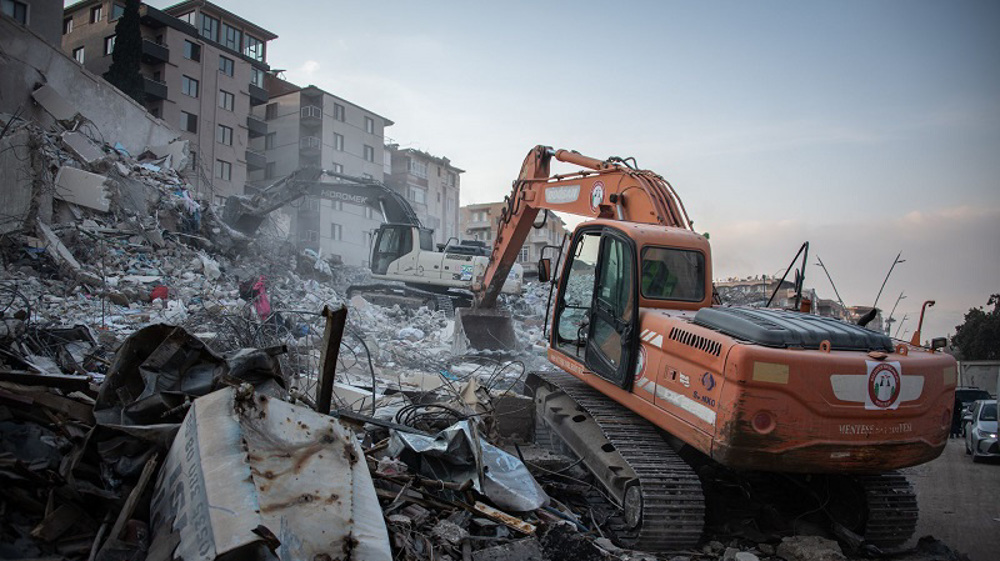
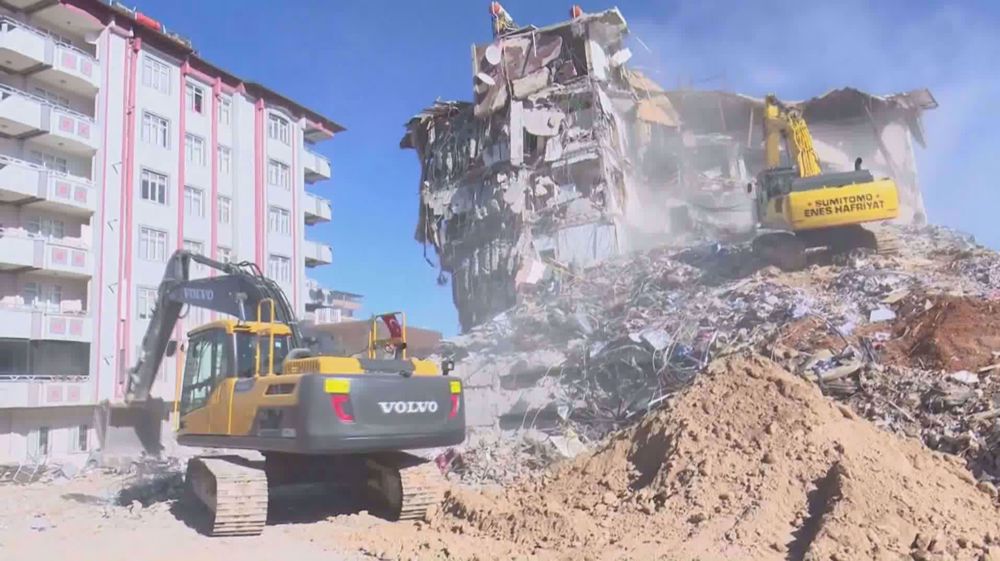
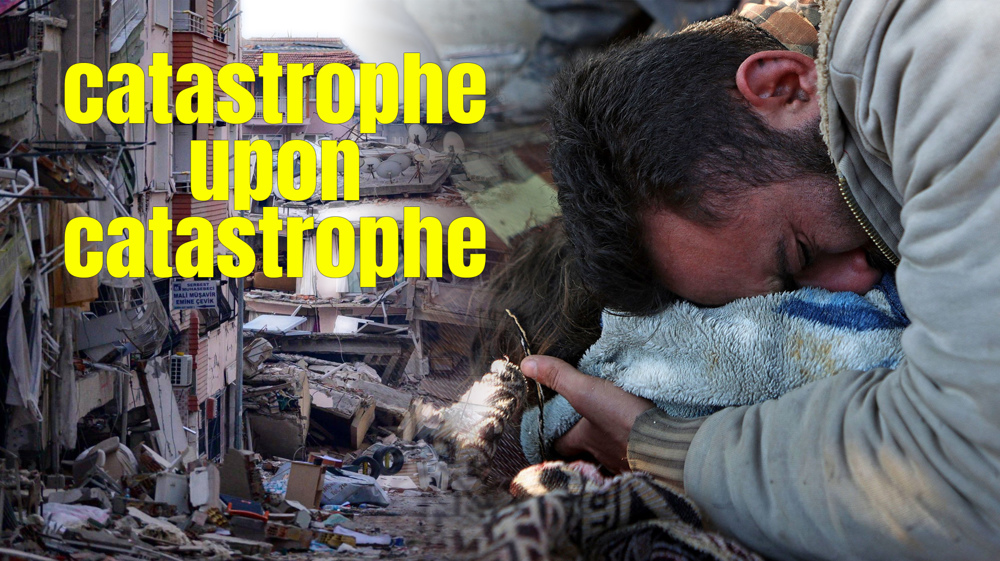
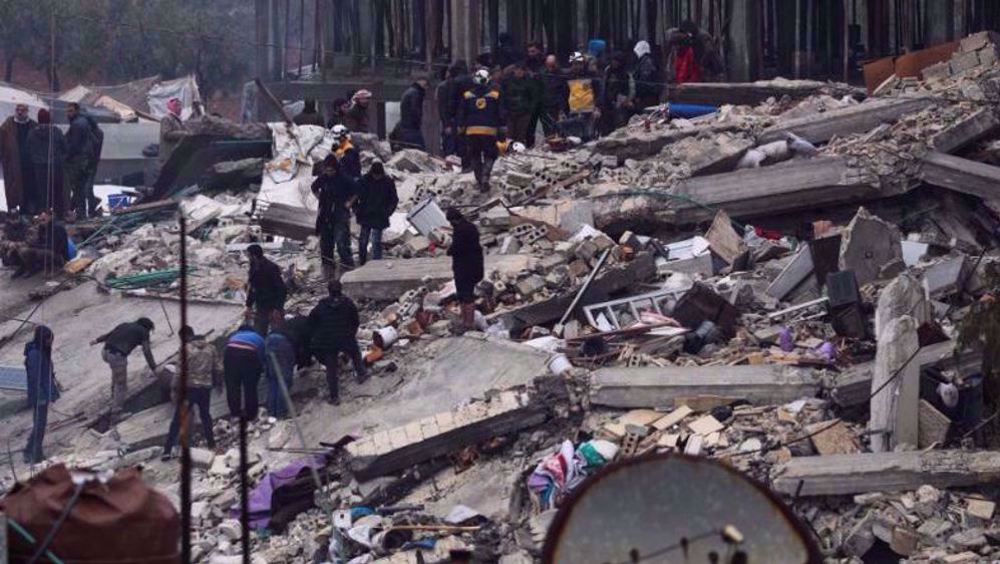
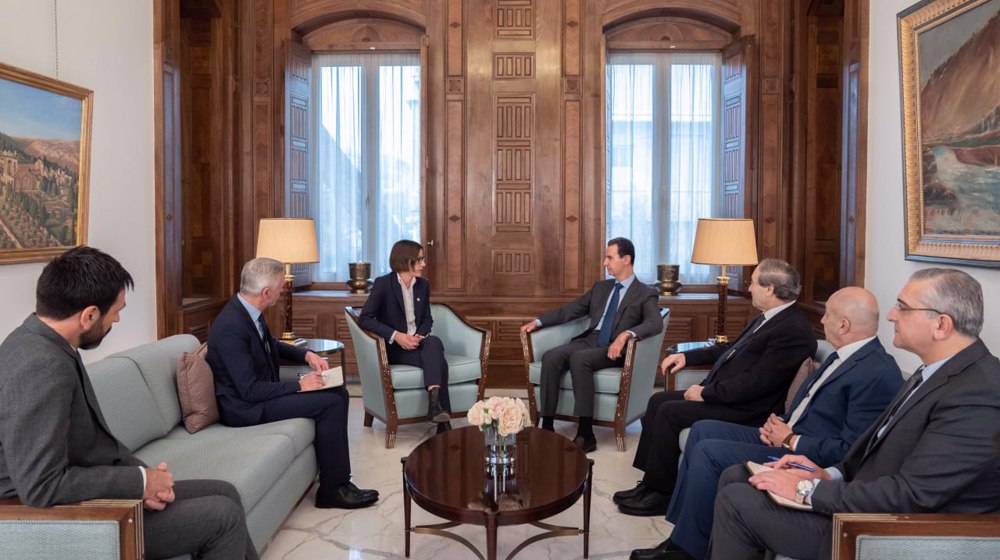
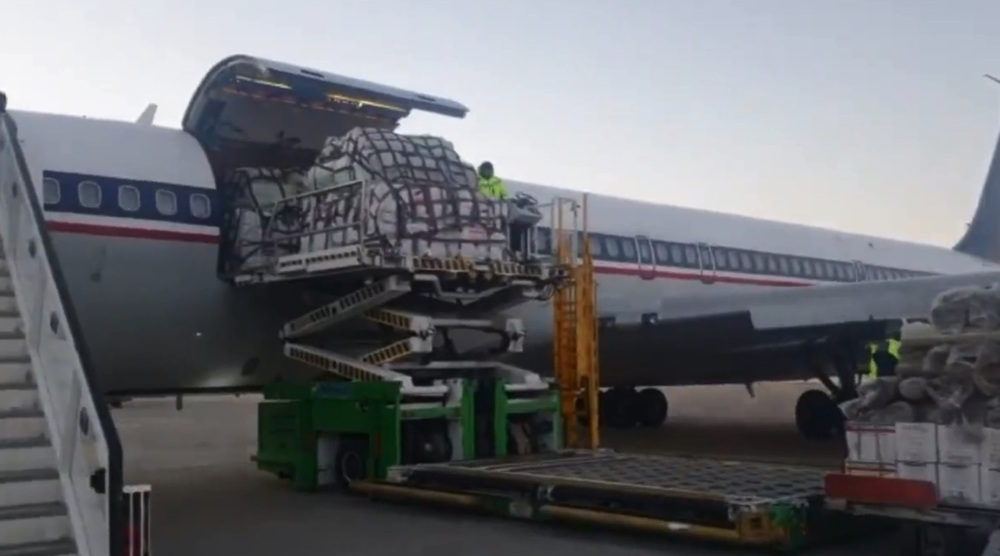
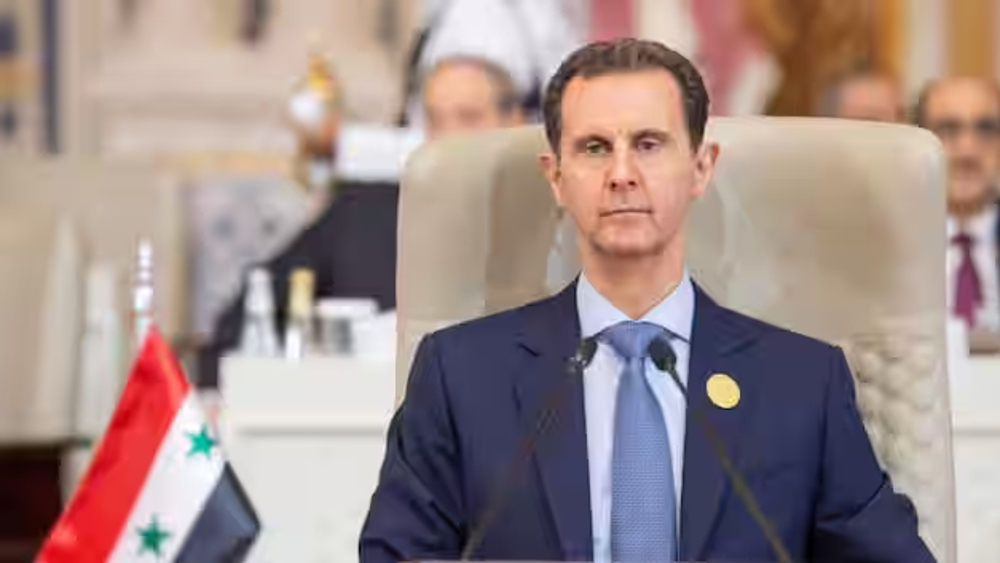

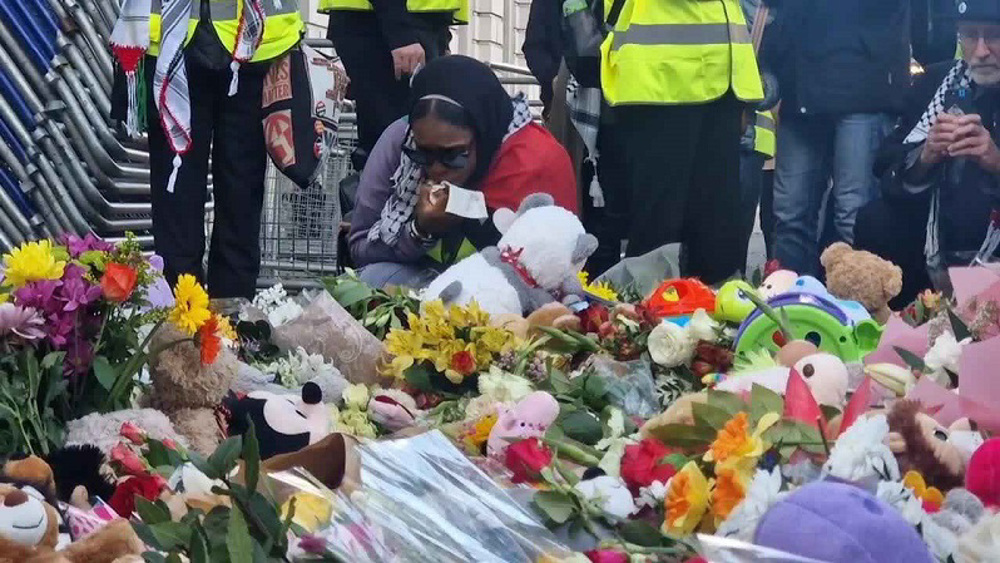



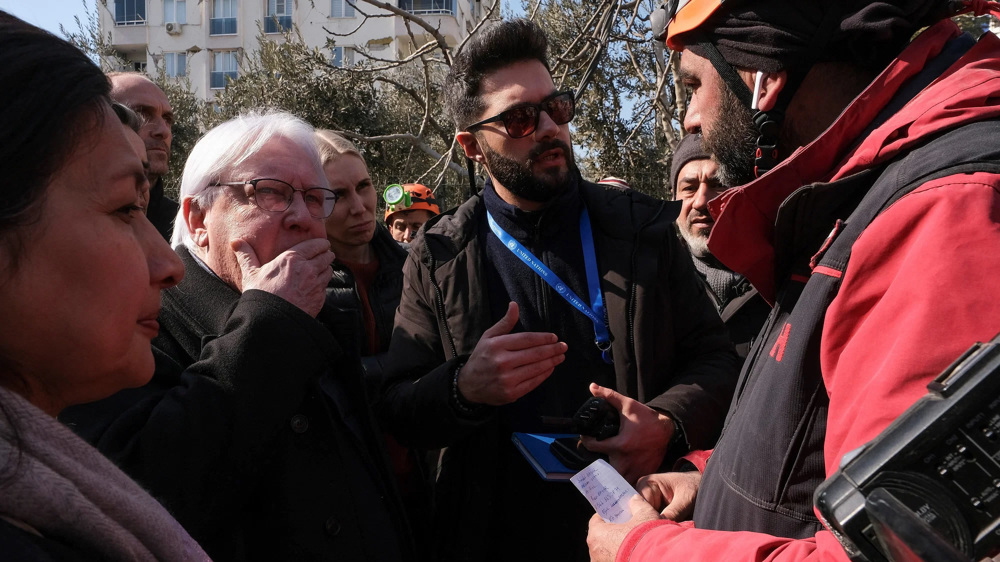
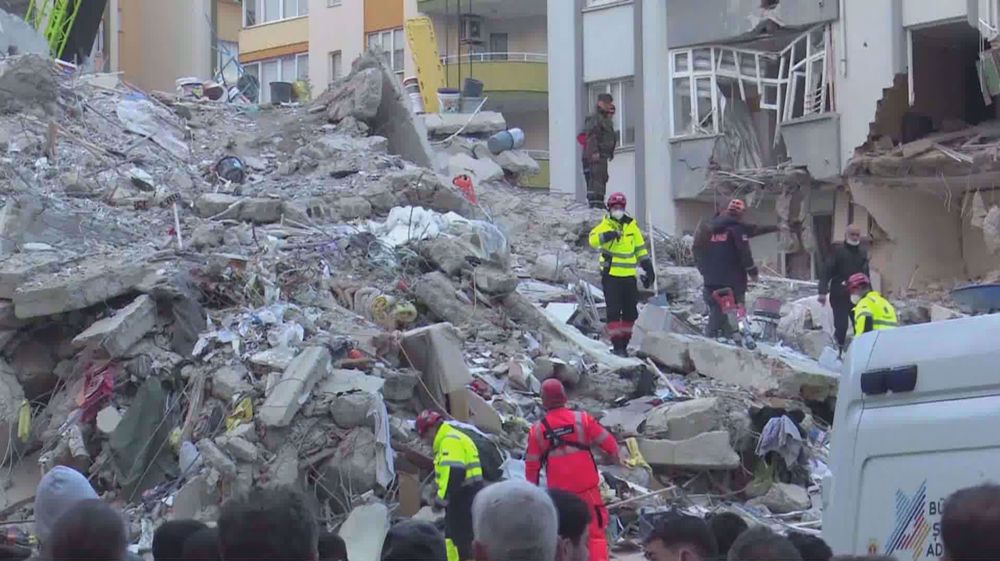
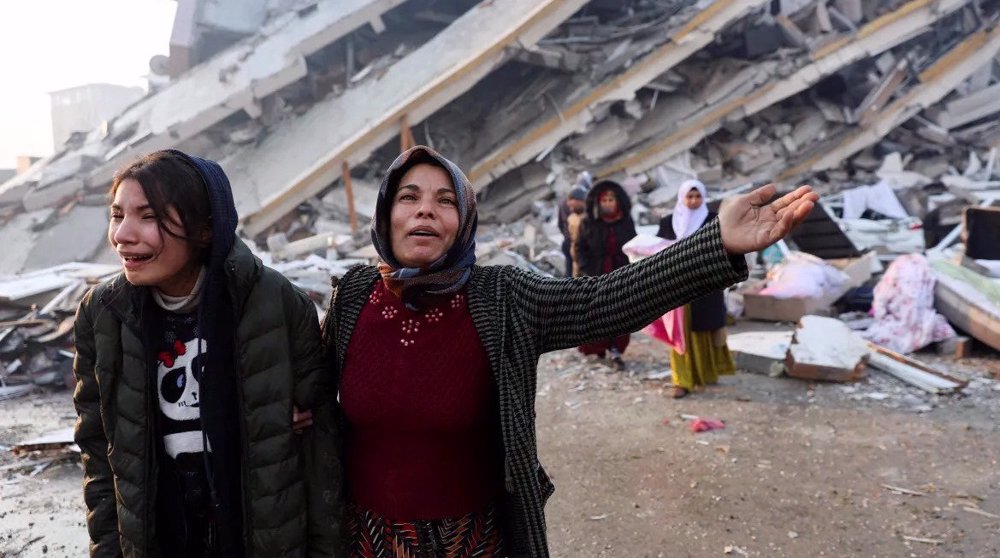
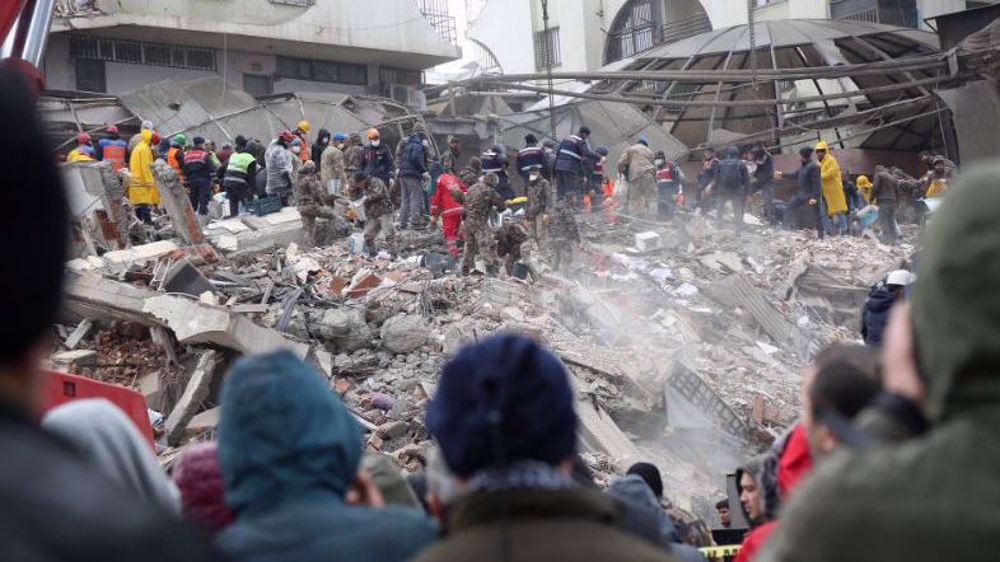

 This makes it easy to access the Press TV website
This makes it easy to access the Press TV website